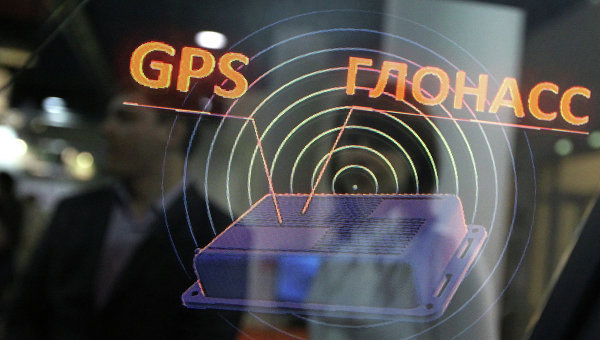MOSCOW, October 14 (RAPSI) – Defendants in a criminal case over embezzlement of 114 million rubles (about $2 million) at Glonass satellite program have been sentenced up to 5 years in penal colony, the Russian Investigative Committee’s press service reports.
Ex-deputy CEO of the Central Scientific - Research Institute of Mechanical Engineering George Kovkov, ex-chief of the organization’s works and building department Alexander Chernov, ex-head of the Federal Agency for Special Construction’s (Spetsstroy) Administration for Special Construction N5 Alexander Belov, ex-CEO of SpecMonolit company Roman Martynenko and ex-financial advisor of Proconsulting company Dmitry Belitksy depending on their role in the crime have been found guilty of embezzlement, assistance to abuse of office, abuse of office, money laundering, the statement reads.
Kovkov has been sentenced to 3 years in jail, Belov has received 4 years behind bars, Martynenko has been given 5 years in penal colony. Chernov has been fined 1 million rubles. Prosecution of Belitsky has been dropped due to the expiry of the period of limitation.
In 2010, as part of the realization of the federal program Glonass, the Federal Space Agency approved construction documents on the reconstruction and technical re-equipping of facilities belonging t the the Central Scientific - Research Institute of Mechanical Engineering and received a construction permit. Over 1 billion rubles ($1.5 million) were allocated from the budget for the works.
According to case papers, the institute signed a construction contract with the Federal Agency for Special Construction’s (Spetsstroy) Administration for Special Construction N5, which built monolithic structure of the facilities worth nearly 39.5 million rubles. During the works, the accomplices committed embezzlement of money and abused their power when approving certificates of completion. As a result, they caused damage estimated at 114 million rubles to the Federal Space Agency, the Investigative Committee states.
The Global Navigation Satellite System (Glonass), which was officially launched in 1993, is a Russian counterpart to the US Global Positioning System (GPS). It provides data for real-time positioning and speed of surface, sea and air objects to within an accuracy of one meter.
The Glonass program was initiated in the 1970s but underwent a radical revamp in 2001. The 24 satellites comprising the system were put into orbit by 2010, though only after several costly malfunctions and launch failures by carrier rockets. The program has cost 140 billion rubles ($2.6 billion) to date, and its budget for 2012-2020 stands at a further 326 billion rubles ($6.15 billion).



